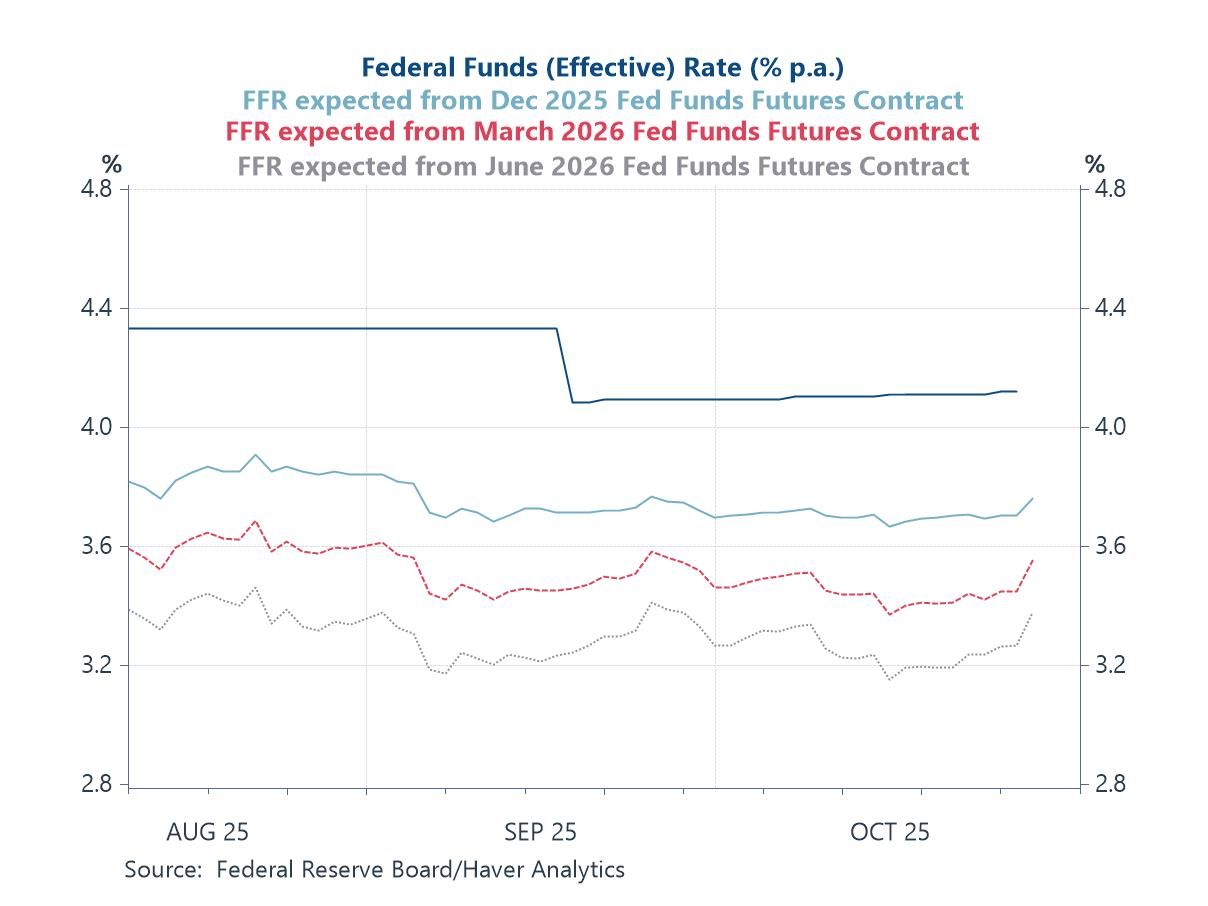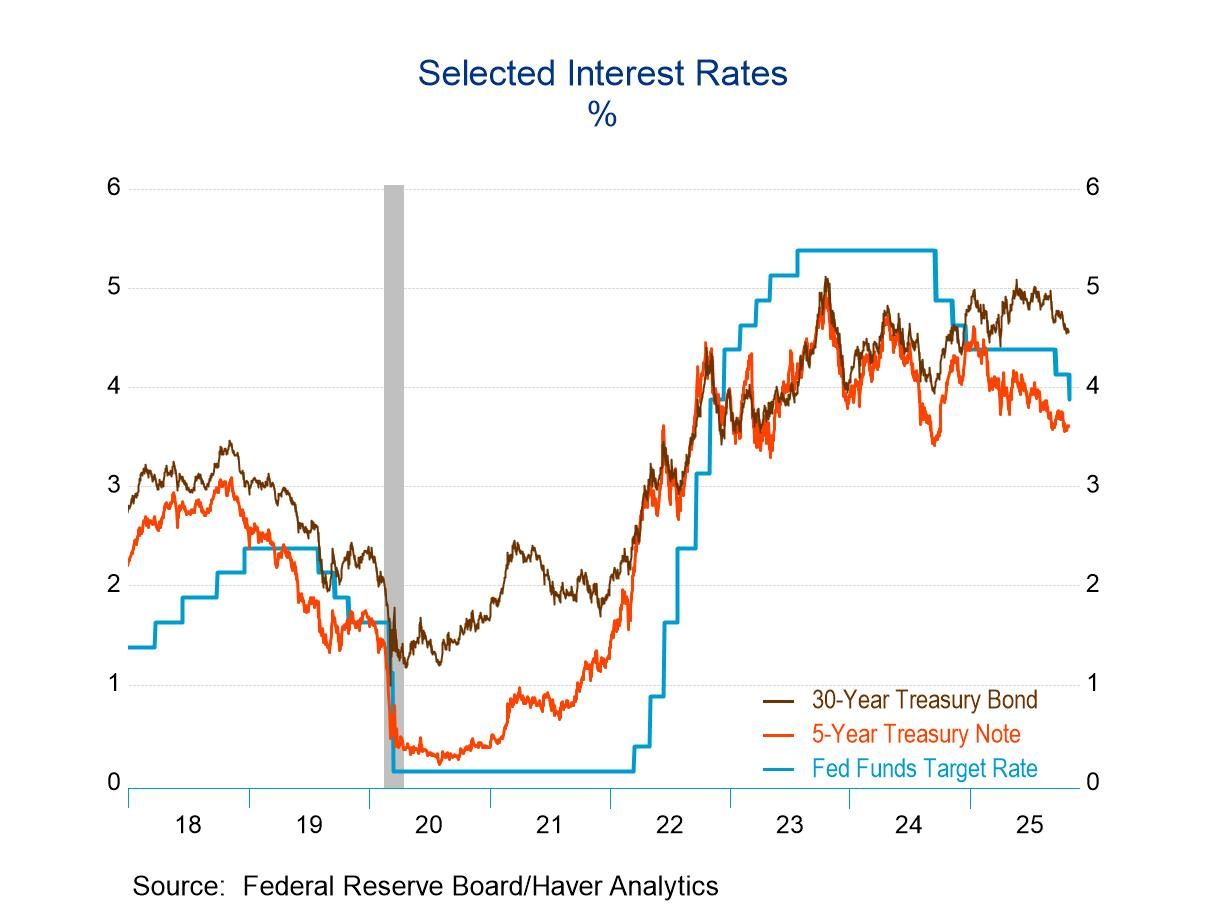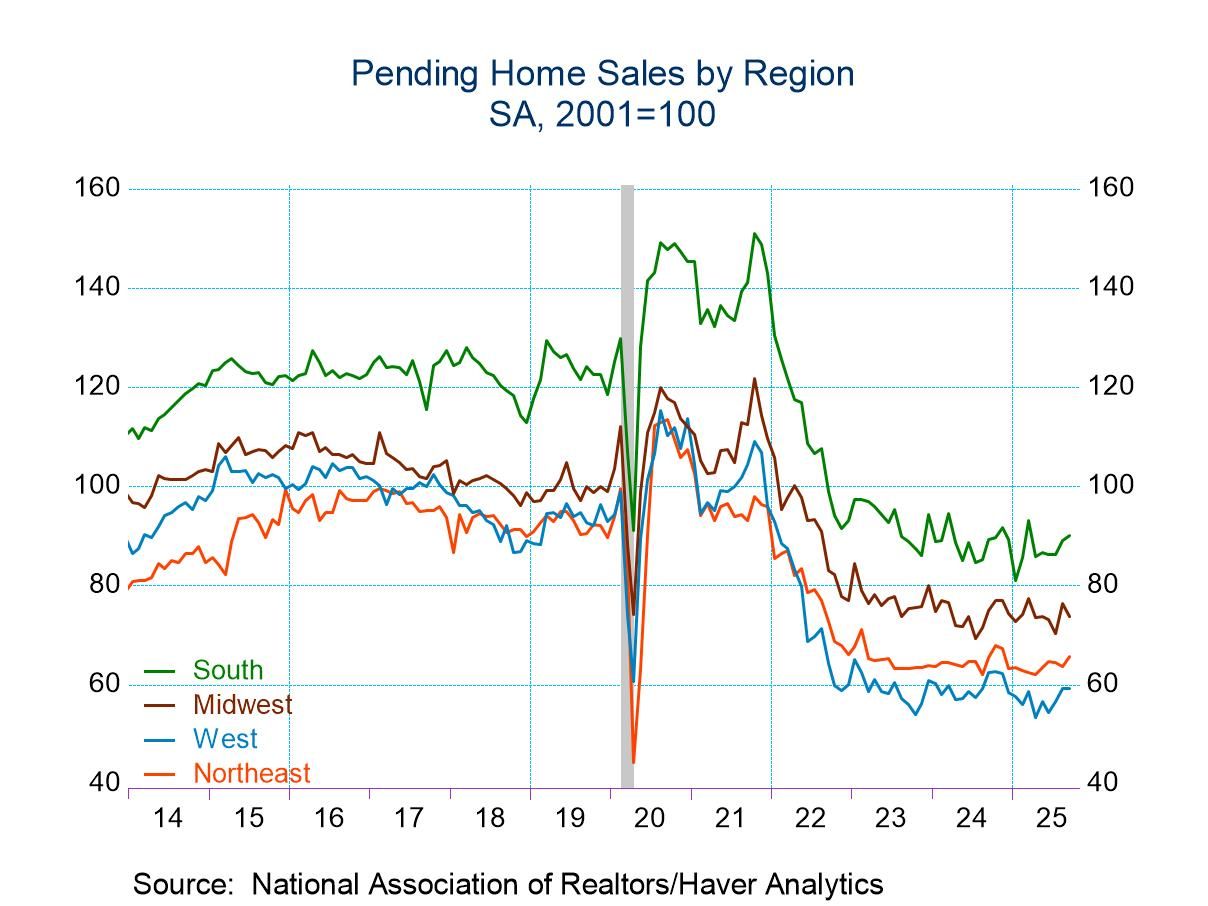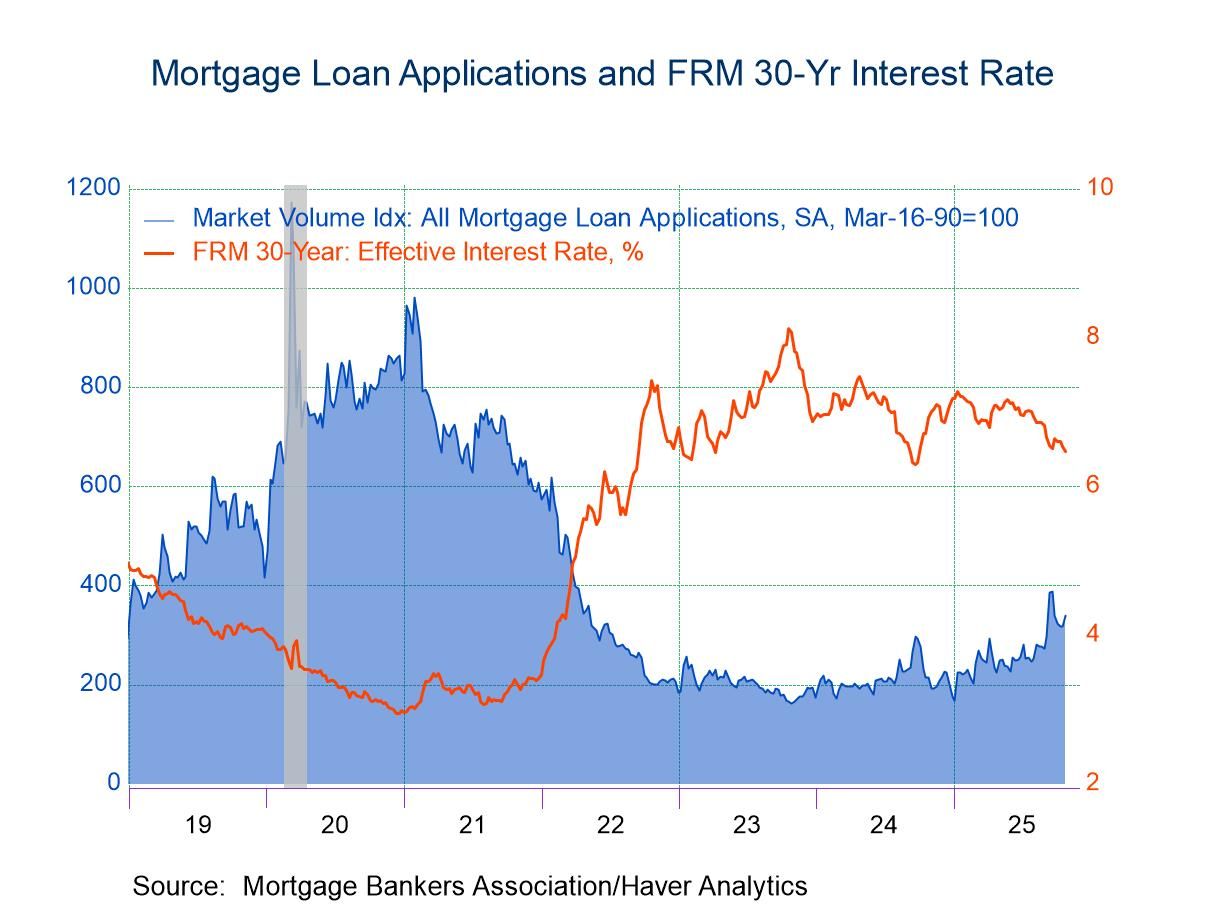 Global| Nov 15 2010
Global| Nov 15 2010EMU Trade Balance Turns To Surplus
Summary
In the wake of the G-20 summit, a turbulent wake that has rocked many boats and leaves them pitching and yawing in the open sea and still at great peril, the EMU has released its Zone-wide trade figures and guess what? The Zone is in [...]
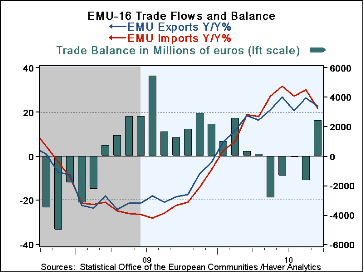 In the wake of the G-20 summit, a turbulent wake that has rocked many boats and leaves them pitching and yawing in
the open sea and still at great peril, the EMU has released its Zone-wide trade figures and guess what? The Zone is in
surplus. At a time that the world is looking for an increase in demand and when trade flows are pressured and trade tensions
are high because the economic pie has shrunk and won’t grow EMU is making things worse! EMU is taking a bigger piece for itself.
It is doing this by increasing its exports, taking a bigger piece of the slow-growing pie that other countries have to offer.
Meanwhile, by pulling back on what it offers to the world as its imports fell by a sizeable 2.5% in September and are falling
at an 8.4% annual rate over three-months, it shrinks its contribution to world trade growth. Manufactured imports alone are
off by 2.9% in the Zone in September while falling at a 12% pace over three months.
In the wake of the G-20 summit, a turbulent wake that has rocked many boats and leaves them pitching and yawing in
the open sea and still at great peril, the EMU has released its Zone-wide trade figures and guess what? The Zone is in
surplus. At a time that the world is looking for an increase in demand and when trade flows are pressured and trade tensions
are high because the economic pie has shrunk and won’t grow EMU is making things worse! EMU is taking a bigger piece for itself.
It is doing this by increasing its exports, taking a bigger piece of the slow-growing pie that other countries have to offer.
Meanwhile, by pulling back on what it offers to the world as its imports fell by a sizeable 2.5% in September and are falling
at an 8.4% annual rate over three-months, it shrinks its contribution to world trade growth. Manufactured imports alone are
off by 2.9% in the Zone in September while falling at a 12% pace over three months.
No wonder the German finance minister called the Fed’s QE policy clueless. You do not need to use sophisticated mechanisms or esoteric economic programs to spur growth; you only need to be greedy. Opening your domestic market and supplying growing domestic demand for the rest of the world is important in a time like this. Europe’s policy of fiscal austerity does the opposite. It leaves it depending on exploiting withering growth in the rest of the world to keep its exports growing thereby softening the blow on its domestic economy from its own austerity – which is a policy choice. And Europe thinks that the US has a beggar-thy-neighbor policy?
In EMU imports are falling on a broad front in September as only food and drink imports rose in the month. Meanwhile exports rose across all major categories in the table above.
In EMU imports are falling on a broad front in September as only food and drink imports rose in the month. Meanwhile exports rose across all major categories in the table above.
| Euro-Area Trade Trends for Goods | ||||||
|---|---|---|---|---|---|---|
| M/M% | % SAAR | |||||
| Sep-10 | Aug-10 | 3M | 6M | 12M | 12M Ago | |
| Balance* | € 2,422 | € (1,685) | € 3,243 | € (577) | € (3) | € (3,306) |
| Exports | ||||||
| All Exp | 0.6% | 0.6% | 2.9% | 10.4% | 22.4% | -18.2% |
| Food and Drinks | 3.0% | -0.4% | 4.6% | 8.4% | 17.7% | -9.7% |
| Raw materials | 7.2% | -4.5% | 16.2% | 15.6% | 32.2% | -14.5% |
| Other | 0.2% | 0.8% | 2.4% | 10.4% | 22.6% | -18.9% |
| MFG | 0.4% | 0.3% | -3.6% | 7.8% | 21.1% | -17.9% |
| IMPORTS | ||||||
| All IMP | -2.5% | 1.8% | -8.4% | 6.9% | 21.6% | -22.3% |
| Food and Drinks | 0.9% | 1.9% | 2.9% | 14.5% | 10.7% | -5.9% |
| Raw materials | -1.6% | -1.0% | -10.1% | 27.9% | 48.5% | -35.1% |
| Other | -2.8% | 1.9% | -9.0% | 5.4% | 21.2% | -22.6% |
| MFG | -2.9% | 1.7% | -12.4% | 5.8% | 20.8% | -17.3% |
| *Eur mlns; mo or period average (SA, WDA) | ||||||
Robert Brusca
AuthorMore in Author Profile »Robert A. Brusca is Chief Economist of Fact and Opinion Economics, a consulting firm he founded in Manhattan. He has been an economist on Wall Street for over 25 years. He has visited central banking and large institutional clients in over 30 countries in his career as an economist. Mr. Brusca was a Divisional Research Chief at the Federal Reserve Bank of NY (Chief of the International Financial markets Division), a Fed Watcher at Irving Trust and Chief Economist at Nikko Securities International. He is widely quoted and appears in various media. Mr. Brusca holds an MA and Ph.D. in economics from Michigan State University and a BA in Economics from the University of Michigan. His research pursues his strong interests in non aligned policy economics as well as international economics. FAO Economics’ research targets investors to assist them in making better investment decisions in stocks, bonds and in a variety of international assets. The company does not manage money and has no conflicts in giving economic advice.



